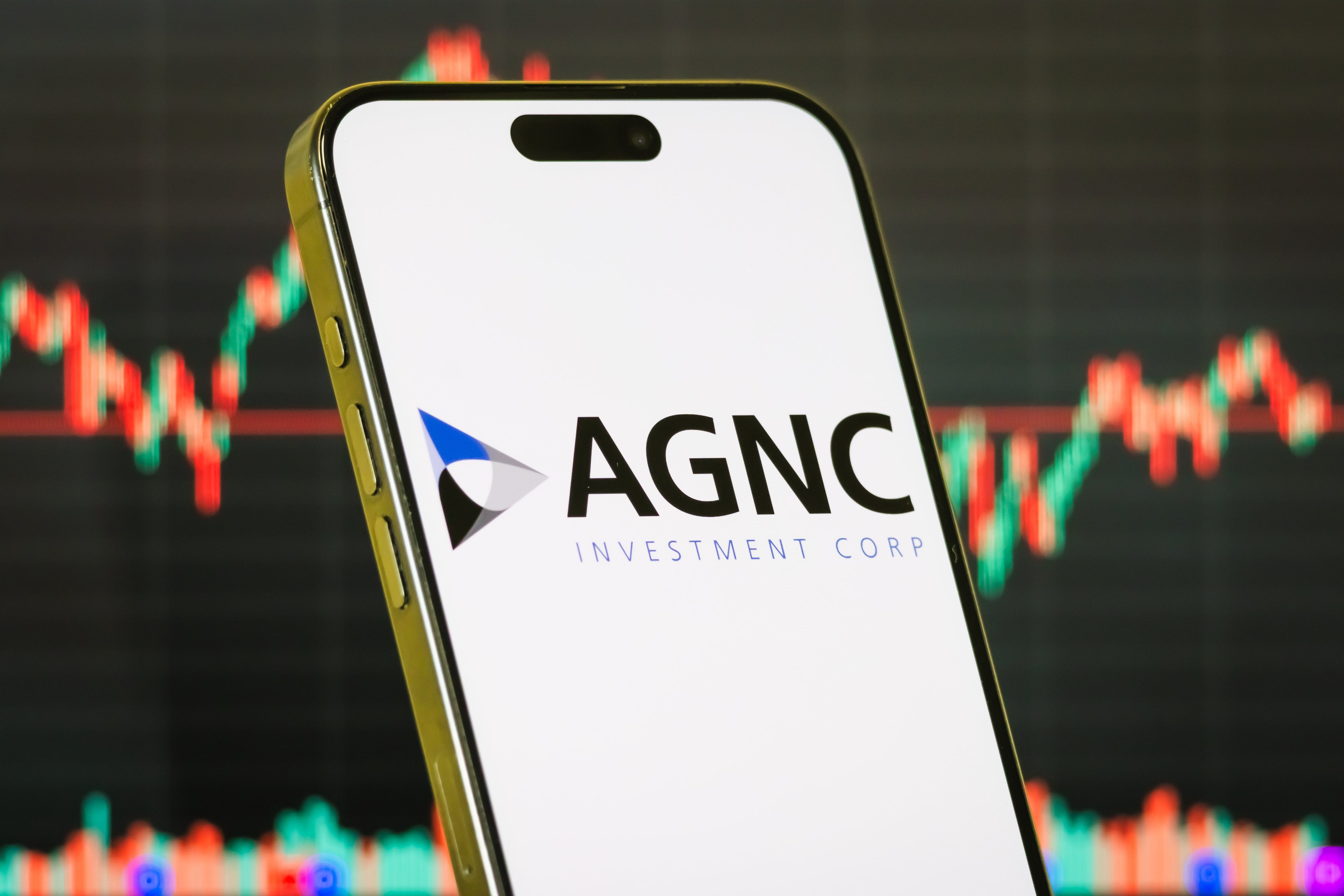AGNC Investment (AGNC +2.14%) has become a popular income investment over the years. It's easy to see why. The real estate investment trust (REIT) pays a monthly dividend that currently yields an eye-popping 15%. That's 10 times higher than the S&P 500.
The mortgage REIT has paid the same monthly dividend rate of $0.12 per share since resetting its dividend five years ago. Here's a look at where AGNC Investment and its big-time dividend will be five years from now.

Image source: Getty Images.
A lucrative investment strategy
AGNC Investment hasn't changed that much since its founding in 2008. It has been a leading investor in Agency residential mortgage-backed securities (MBS). Government agencies (Freddie Mac, Fannie Mae, and Ginnie Mae) guarantee these mortgage pools against credit losses. Because of that, they're fairly low-risk investments.
Agency MBS are also relatively low-return investments (low-to-mid-single-digit yields). AGNC Investment boosts its return potential by investing in Agency MBS on a leveraged basis, primarily through repurchase agreements (short-term collateralized loans between two parties). While that strategy increases risks, the REIT uses dynamic risk-management strategies to protect the value of its portfolio from interest rates and other risks.
AGNC Investment needs to earn a high enough return from its leveraged investment strategy to cover its cost of capital (operating costs plus common and preferred dividend payments). That's a moving target. It rises and falls based on the value of its portfolio and other factors. For example, its total cost of capital was 16.7% in the first quarter. However, it rose closer to 18% early in Q2 due to tariff-driven market volatility at the time.
As long as AGNC's returns align with its cost of capital, the REIT can maintain its dividend payment. That has been the case this year. While its cost of capital has increased, its returns have also risen. CEO Peter Federico noted on the Q1 call that a portfolio levered the way it levers its portfolio can generate a return in the low 20% range, easily covering its cost of capital.

NASDAQ: AGNC
Key Data Points
What the next five years could look like
AGNC Investment hasn't deviated from its investment strategy since its formation. Because of that, it's probably safe to assume that the company won't alter its strategy over the next five years.
However, that doesn't mean investors can always bank on receiving its currently prodigious monthly dividend payment. As noted, the company has a much more dynamic business model. Its cost of capital and returns ebb and flow with market conditions. Despite an uptick in interest rates in recent years, market conditions have been generally stable over the past five years, as we haven't experienced a period of severe market turmoil yet. Because of that, the REIT has kept its cost of capital reasonably well aligned with its returns.
That might not be the case over the next five years. If its go-forward returns fall below its cost of capital due to a significant change in market conditions, AGNC Investment might have to adjust its dividend payment. It has had to do that several times in the past, including in early 2020:
AGNC Dividend data by YCharts.
Another key consideration is that the REIT doesn't retain earnings to fund new MBS investments because it has to pay out at least 90% of its taxable income in dividends to comply with IRS regulations. As a result, it needs to raise outside capital to fund its growth, which it often does by selling stock. Those sales have steadily eroded the value of AGNC's share price over the years (the stock is down more than 50% from the initial public offering price). While these stock sales help support its ability to maintain its dividend, they drag down its total return.
The potential for a lower dividend and share price in five years
AGNC Investment is a higher-risk, high-yielding stock. When conditions are favorable, the mortgage REIT can generate a high enough return to cover its cost of capital, including its monster monthly dividend payment.
However, if returns fall out of alignment with its costs, the REIT might need to reduce its dividend, which it has done several times over the years. Meanwhile, it routinely sells stock to fund additional MBS purchases, diluting existing shareholders and weighing on its stock price.
Because of those factors, AGNC might have a lower dividend payment and stock price in five years. The possibility of reduced income and returns makes AGNC a less appealing long-term investment.






